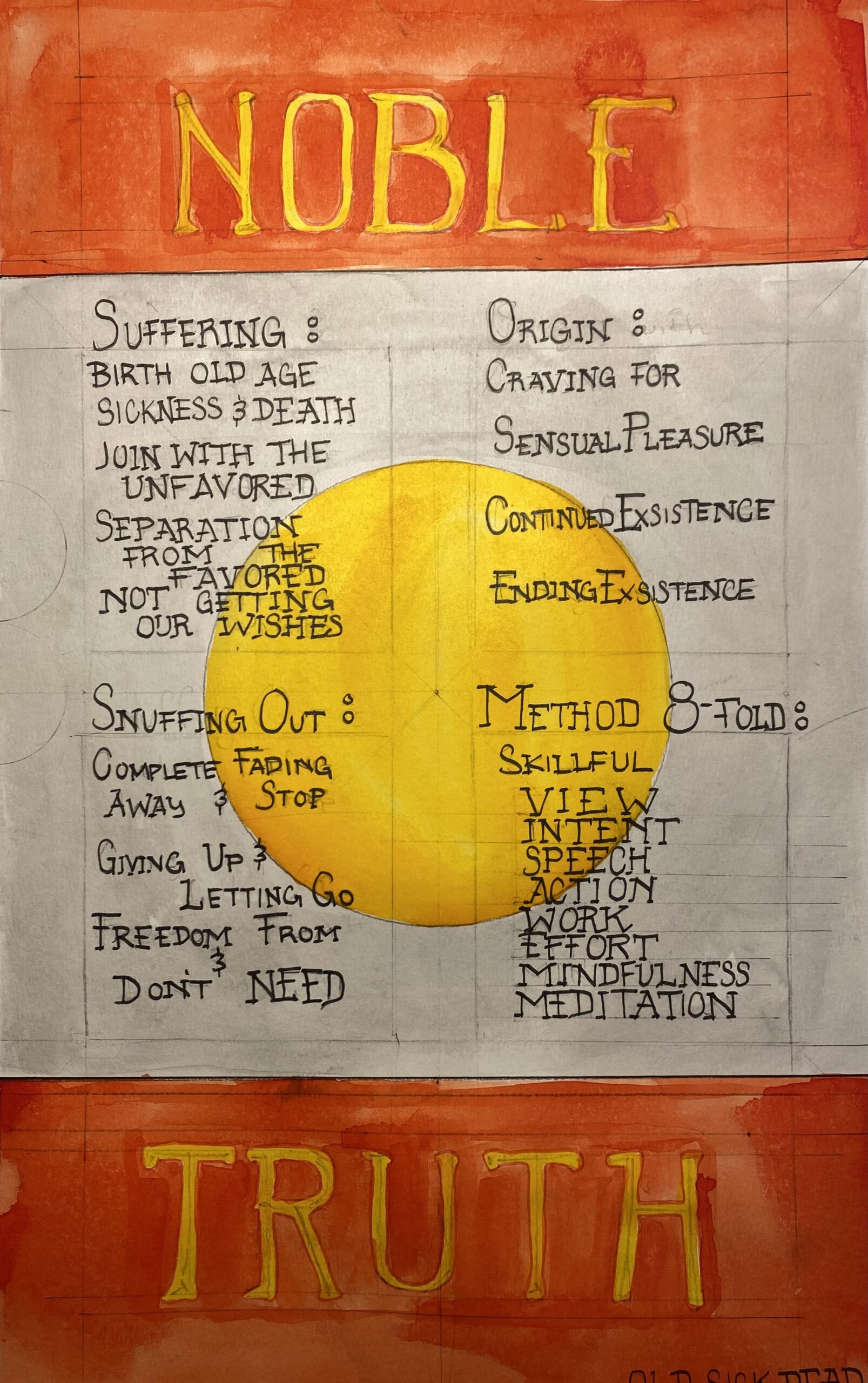In a world characterized by tumultuous contradictions and moral ambiguity, the Bahá’í teachings stand as a beacon of clarity and wisdom. Among these cherished principles is the concept of truthfulness, encapsulated in the phrase, “Want to be Noble? Tell the Truth.” This guideline not only sheds light on personal integrity but also reveals the transformative potential of truthfulness within society. By delving into this notion, we can unearth its relevance, the promises it holds for personal development, and the broader implications for humanity.
Truth, as posited in the Bahá’í teachings, transcends mere veracity in speech; it encapsulates an alignment of thoughts, intentions, and actions. This holistic comprehension of truth advocates for a life commitment to authenticity. Engaging with truth requires vigilance and self-awareness. In daily life, the challenge often arises—how can one consistently adhere to such a noble pursuit? This question beckons deeper introspection regarding the intimate interplay between truth and nobility.
Firstly, embracing truthfulness transforms the individual self. The journey toward being noble begins with an internal metamorphosis. When one commits to truth, they manifest authenticity, allowing their character to shine unfettered by deceit. Embracing honesty fosters resilience in an era marked by the proliferation of misinformation. When individuals prioritize truth, they cultivate an aura of reliability, garnering trust from peers and acquaintances alike. This trust is invaluable, forming a robust network of relations fortified by mutual respect and understanding.
Beyond personal growth, the commitment to truth fosters communal harmony. At its core, the Bahá’í viewpoint accentuates the interconnectedness of humanity. When individuals embrace truthfulness, they promote a culture of integrity. This collective adherence to truth not only strengthens community bonds but also engenders a more profound societal responsibility. Should truth serve as the foundation of our interactions, it paves the way for cooperation and collaboration, dismantling the barriers erected by falsehood, prejudice, and mistrust.
The implications of living truthfully extend into the realm of moral philosophy. As truth-tellers, we are compelled to confront the dilemmas inherent in our existence. This confrontation fosters an environment conducive to ethical discernment. By engaging with the truth, individuals are better equipped to navigate the complexities of life, ensuring that decisions are informed by genuine motives rather than superficial gains. Such a practice nurtures moral fortitude, thereby establishing a culture where ethical principles take precedence over ephemeral desires.
However, the path toward unwavering truthfulness is fraught with challenges. Acknowledging these obstacles is crucial for individuals aspiring to nobility. The societal pressures to conform often lead individuals to compromise their integrity. This scenario presents a dissonance between personal belief and collective expectation, creating a dangerous chasm that can hinder authentic expression. To truly champion truth, one must cultivate courage—a courage to speak up against injustices, to dissociate from insincerity, and to resist the alluring temptations of expediency.
Revolutionizing our understanding of truth can further entice others toward this noble path. The Bahá’í teachings stipulate that truth is not merely a static noun but a dynamic force capable of engendering profound transformation. Consider how, when one person boldly adheres to their principles, they invariably inspire others to do the same. This emulation creates a ripple effect, propelling a collective shift towards authenticity and sincerity. The beauty of truth is its contagious nature—it beckons others to join in, cultivating an environment of encouragement rather than solitude in virtue.
This leads to an examination of the role of education in nurturing truthfulness. The Bahá’í teachings emphasize the significance of education as a vehicle for both individual and societal advancement. By instilling values of integrity and honesty from a young age, educational institutions can engineer a generation steeped in truth. Workshops, discussions, and community initiatives that promote truth-seeking can sow seeds of compassion and understanding, fostering a more just and equitable society. Education should not only impart knowledge but also inspire a commitment to ethical living and communication.
Moreover, the efficacy of truthfulness in fostering peace cannot be overstated. As wars and conflicts often arise from misunderstandings and deceit, the universal acceptance of truth as a guiding principle can serve as an antidote to discord. The Bahá’í faith posits that recognition of our shared humanity can catalyze peace. By fostering environments characterized by openness, trust, and honesty, individuals can collectively work towards resolving conflicts amicably. The potential for dialogue founded on truth can serve as a balm in a fragmented world, mending fissures borne of division.
Ultimately, the exhortation to “Tell the Truth” within the Bahá’í context signifies more than a passive endorsement of honesty; it embodies a clarion call for individuals to pursue nobility through an unwavering commitment to authenticity. This journey toward truthfulness requires both personal introspection and social engagement. As one navigates this intricate landscape, the promise of transformation—both personal and collective—beckons, reminding us that the quest for truth, while fraught with challenges, inherently leads to noble endeavors. The encouragement to embrace truth serves not only as a moral imperative but as a testimony to the potential of humanity when it chooses to live authentically.
